Introduction
Hello there, fellow dog parents! Leaving our furry companions behind when we head out can tug at our heartstrings. We understand the worries and concerns that come with leaving your beloved pup alone. But fear not! We've got you covered with some expert tips to ease your dog's distress while you're away.
Understanding Separation Anxiety in Dogs
Before diving into the tips, let's first understand what separation anxiety in dogs entails. Separation anxiety is a condition where dogs experience distress when separated from their owners. It can stem from various factors such as changes in routine, past traumas, or lack of socialization. Common signs include excessive barking, destructive behavior, or even self-harm.

Tip 1: Establish a Routine
One of the best ways to help your furry friend cope with your absence is by establishing a consistent routine. Dogs thrive on predictability, so try to stick to a schedule for feeding, walks, and playtime. This routine provides a sense of security and stability, making your absence more manageable for your pup.
Tip 2: Provide Mental Stimulation
Boredom can exacerbate separation anxiety in dogs. To keep your furry friend entertained and mentally stimulated, invest in engaging toys and puzzles. Interactive toys that dispense treats or require problem-solving can keep your dog occupied and distracted in your absence. Additionally, consider incorporating interactive playtime sessions to keep their minds sharp and their spirits high.
Tip 3: Use Comforting Aids
Sometimes, a little extra comfort can go a long way in soothing an anxious dog. Consider leaving behind comforting items such as your unwashed shirt or a favorite blanket that carries your scent. Additionally, products infused with calming pheromones, such as diffusers or sprays, can help create a relaxing environment for your pup.

Tip 4: Gradual Departure Training
Gradual departure training is a technique aimed at desensitizing your dog to your absence. Start by leaving for short intervals and gradually increase the duration over time. Before leaving, engage in activities that signal your departure, such as picking up your keys or putting on your coat. This helps your dog associate these cues with your eventual return, reducing anxiety.
Tip 5: Seek Professional Help if Needed
If your dog's separation anxiety persists despite your efforts, don't hesitate to seek professional help. A veterinarian or certified dog behaviorist can offer tailored advice and recommend specific therapies or medications if necessary. Remember, there's no shame in asking for assistance when it comes to your furry friend's well-being.
Conclusion
Leaving your dog alone doesn't have to be a stressful experience for either of you. By implementing these tips, you can help ease your dog's anxiety and ensure they feel safe and secure in your absence. Remember to be patient and understanding as you work towards helping your furry companion cope with being apart from you.
FAQs
-
How long can I leave my dog alone?
- Ideally, dogs shouldn't be left alone for more than four to six hours at a time. If you need to be away for longer periods, consider hiring a pet sitter or enrolling your dog in daycare.
- Ideally, dogs shouldn't be left alone for more than four to six hours at a time. If you need to be away for longer periods, consider hiring a pet sitter or enrolling your dog in daycare.
-
Will crate training help with separation anxiety?
- Crate training can provide a sense of security for some dogs, but it may not be suitable for those with severe separation anxiety. It's essential to introduce the crate gradually and ensure it's associated with positive experiences.
- Crate training can provide a sense of security for some dogs, but it may not be suitable for those with severe separation anxiety. It's essential to introduce the crate gradually and ensure it's associated with positive experiences.
-
Should I punish my dog for destructive behavior when I'm away?
- No, punishment is not effective in addressing separation anxiety and may worsen your dog's distress. Instead, focus on positive reinforcement and implementing strategies to alleviate their anxiety.
- No, punishment is not effective in addressing separation anxiety and may worsen your dog's distress. Instead, focus on positive reinforcement and implementing strategies to alleviate their anxiety.
-
Can I leave the TV or radio on for my dog?
- Yes, leaving on soothing background noise can help mask outside sounds and provide comfort to your dog. Opt for calming music or programs specifically designed for dogs.
- Yes, leaving on soothing background noise can help mask outside sounds and provide comfort to your dog. Opt for calming music or programs specifically designed for dogs.
-
Is separation anxiety common in all dogs?
- While some dogs may be more prone to separation anxiety than others, it can affect dogs of any breed or age. Early socialization and training can help prevent or mitigate separation anxiety in many cases.


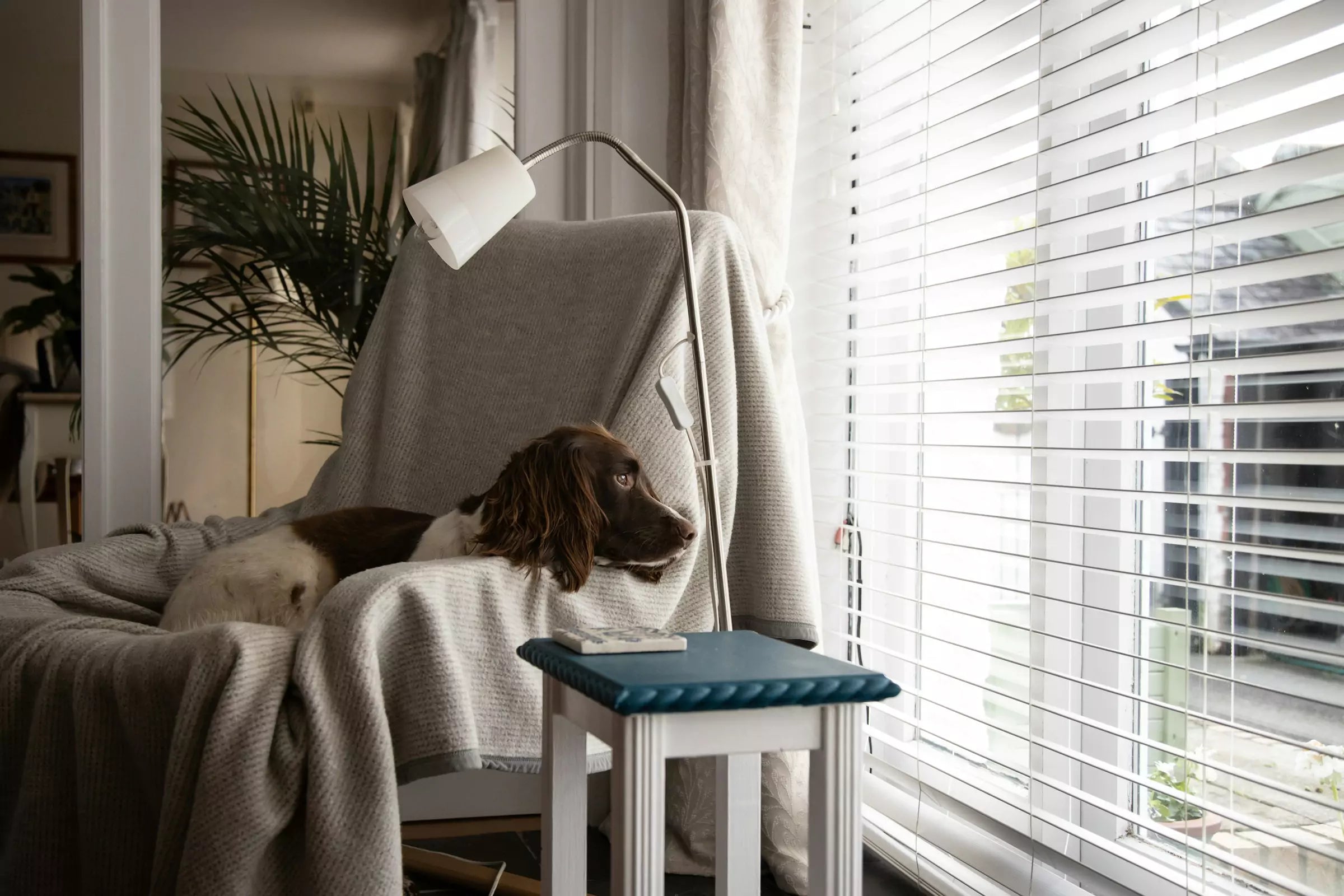
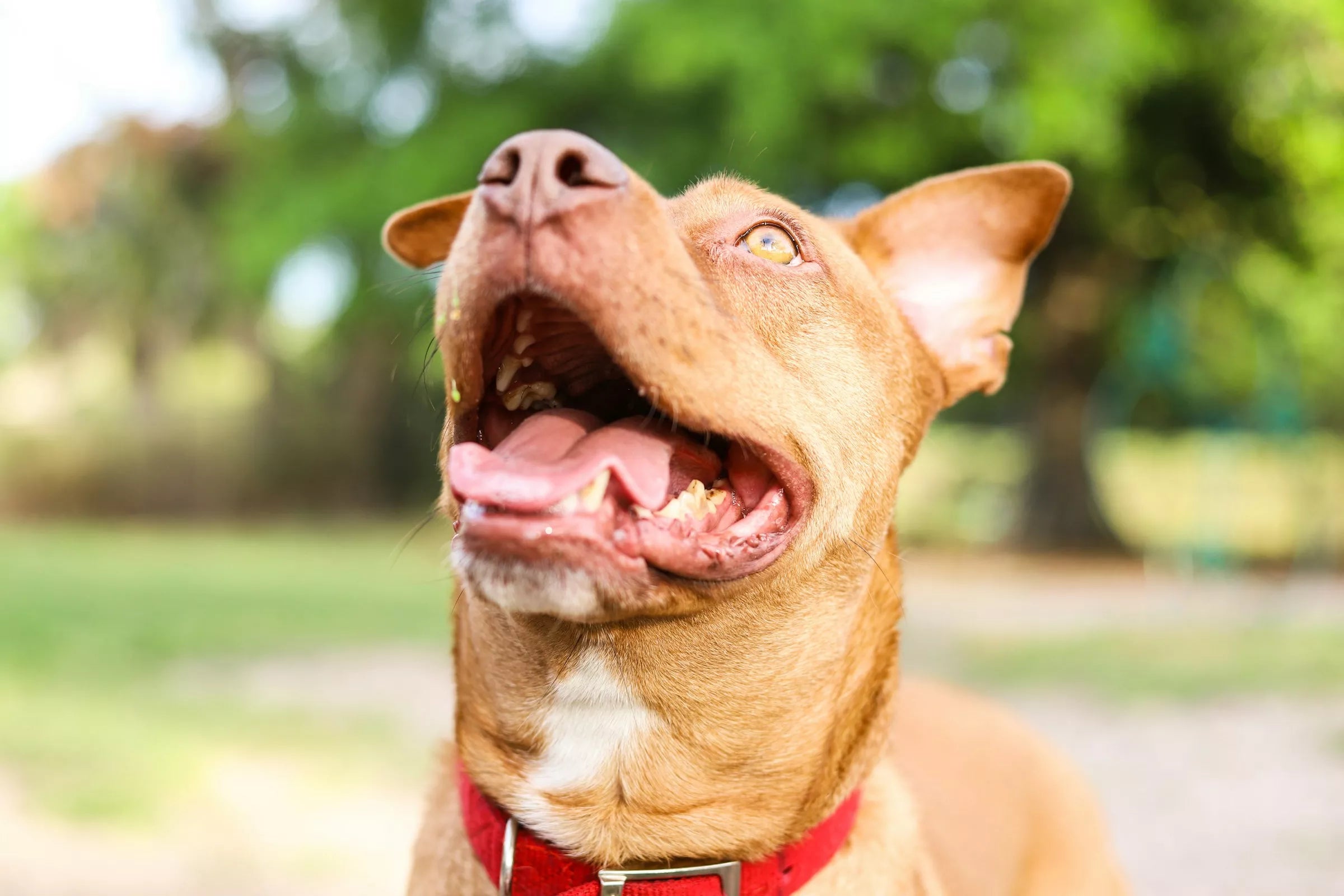

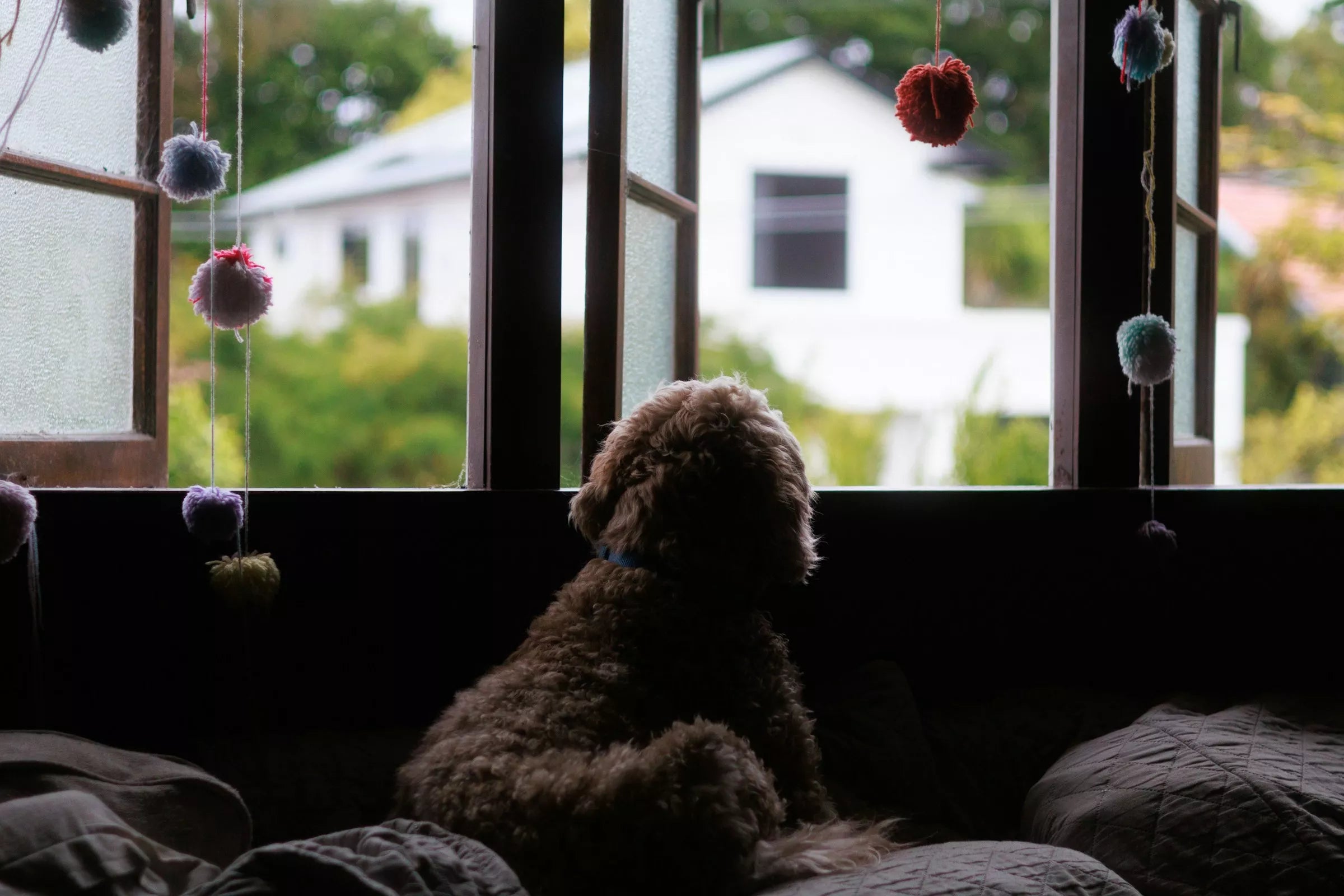

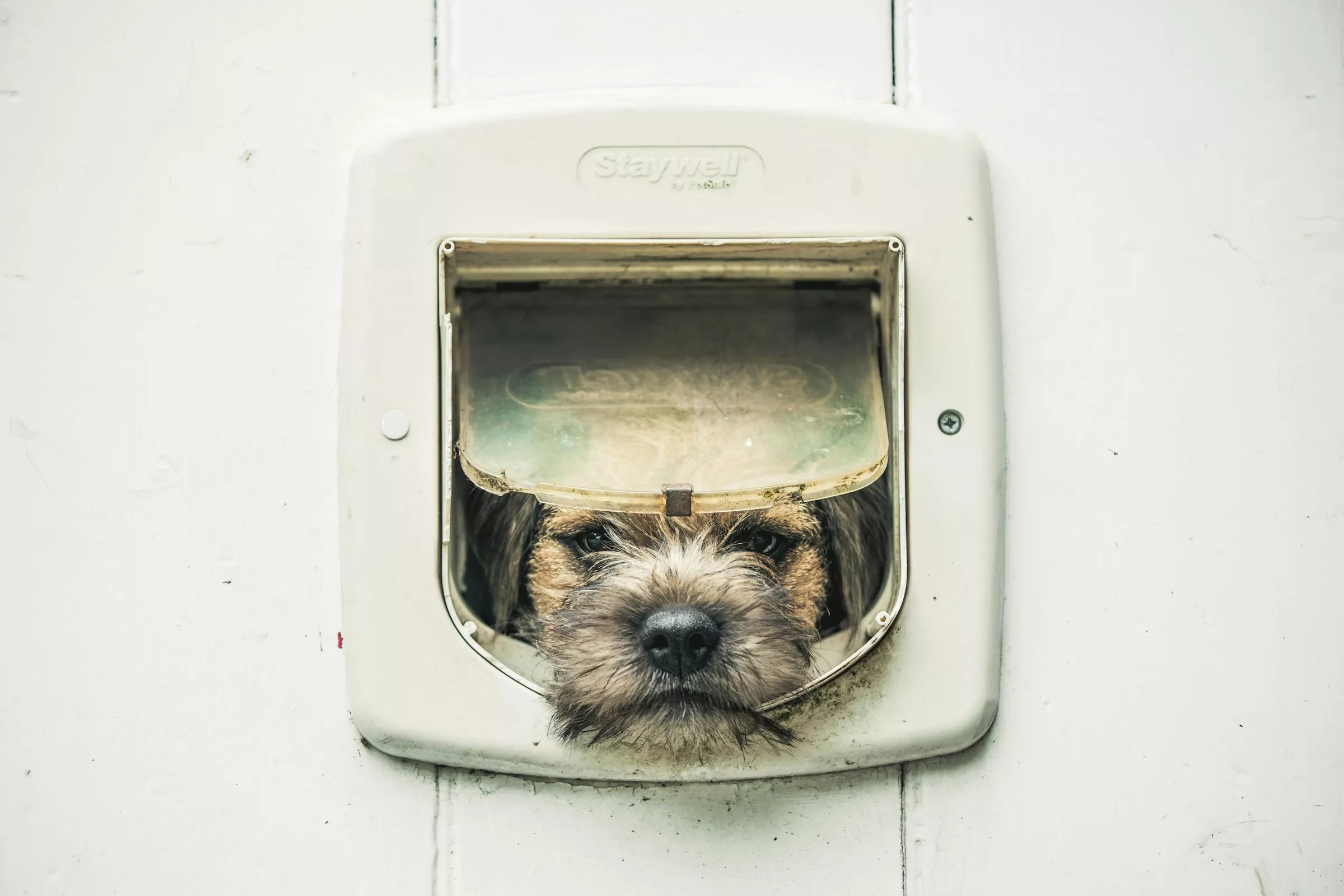
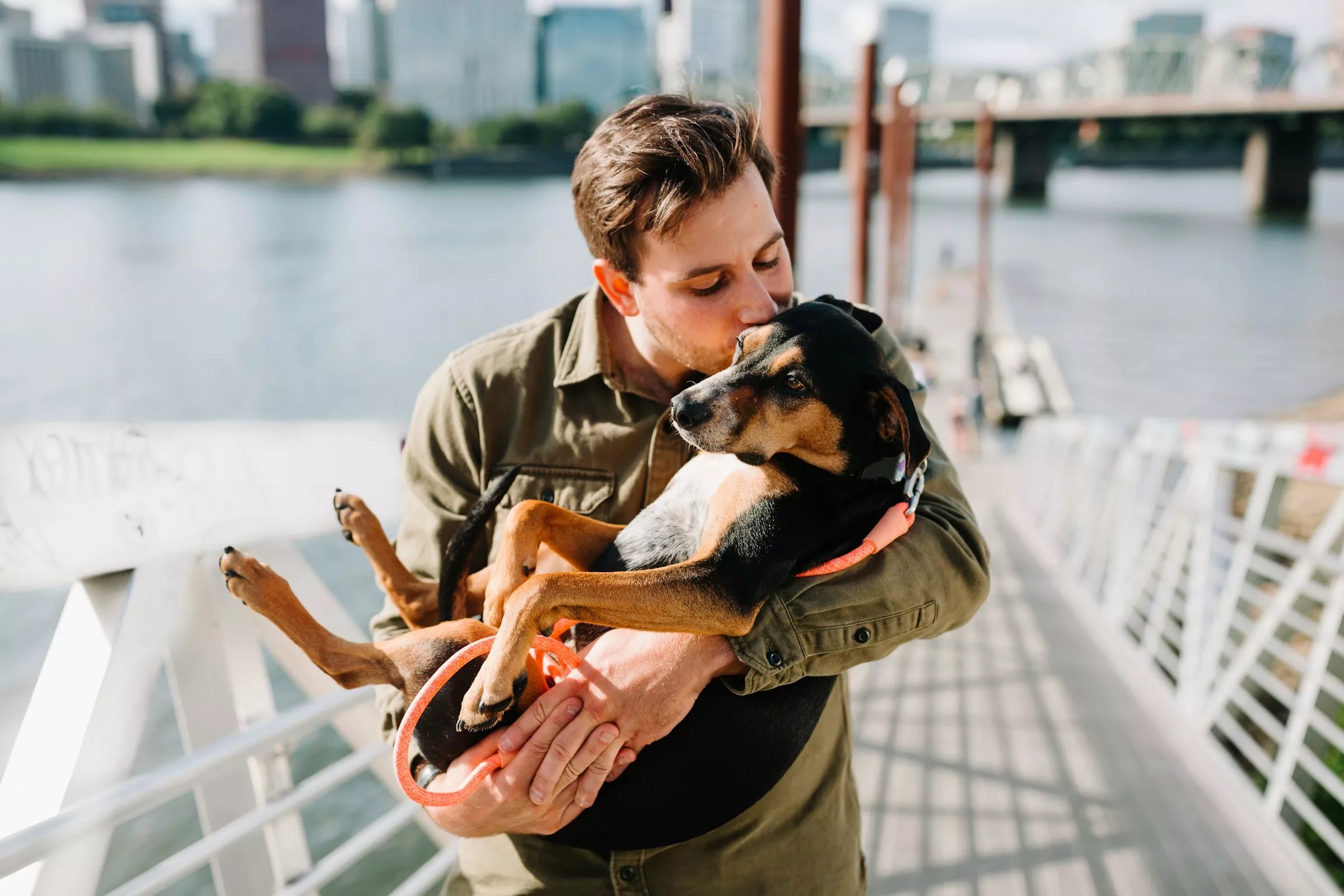






Share:
How To Bond With My Dog?
The Power of Positive Reinforcement